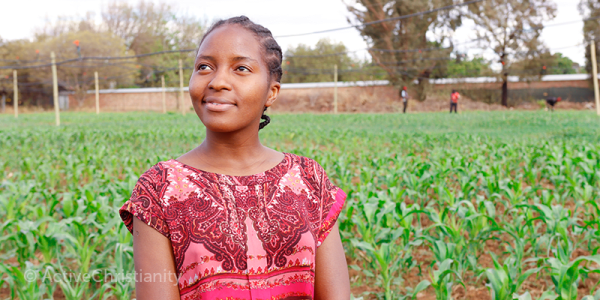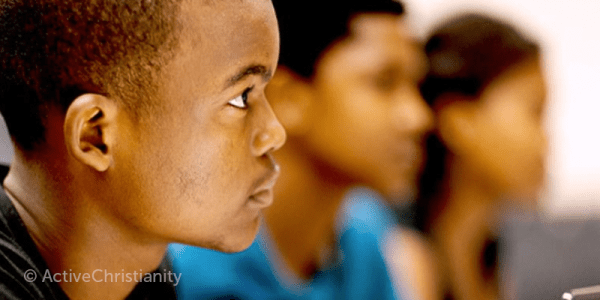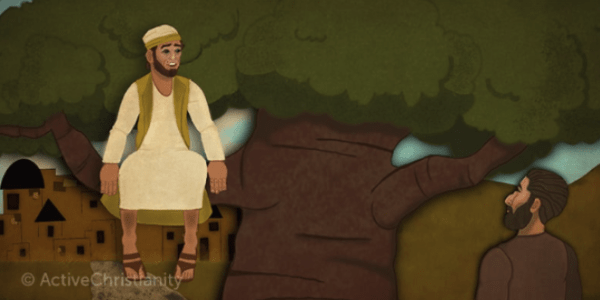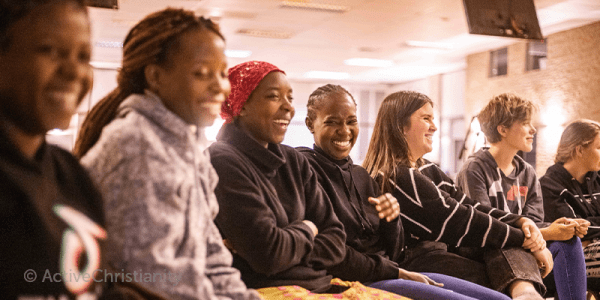Jesus taught His disciples that they should pray to God for forgiveness for things they had done wrong, and He made it clear that they will only be forgiven if they forgive others. They were to pray like this, “Forgive us the wrongs we have done, as we forgive the wrongs that others have done to us." (GNT.) You can read the whole prayer in Matthew 6:9-13.
Being truly sorry and willing to admit your sin
When you feel bad about things you have done or said wrongly, it is God who is working in you. Then you need to pray for forgiveness. Perhaps you realise that you have chosen the wrong path in your life and you wish you could do it over again. You understand that what you did was wrong. The apostle Peter once told people who realised they had done wrong, “Repent, then, and turn to God, so that he will forgive your sins.” Acts 3:19 (GNT).
What does it mean to repent? It means that you are truly sorry for the sin in your past, and that your goal is to never do these things again. It is making a decision to turn away from evil and to serve God. It is one of the things you need to do to receive the forgiveness of sins.
When you are truly sorry, you know that you need forgiveness from God and from people. The Bible says: “You will never succeed in life if you try to hide your sins.” Proverbs 28:13 (GNT). When you hide your sin and are not willing to admit it, you cannot be forgiven. Then you won’t be happy.
The apostle John writes, “If we admit that we have sinned, He will forgive us our sins. He will forgive every wrong thing we have done. He will make us pure.” 1 John 1:9 (NIRV). If you admit your sins and God forgives you and makes you pure, then you can really be happy!
Forgiveness is the starting point
Before Jesus lived on earth, the high priests offered a sacrifice once a year for all the sins of the people. People received forgiveness, but those sacrifices could not help them to stop sinning. The sacrifices didn’t have the power to take away the evil that is in human nature. That evil in their human nature is what caused them to sin. Therefore, they needed a sacrifice for their sins year after year.
Jesus died for the people; He gave His life as a sacrifice once and for all. (You can read more about this in the letter to the Hebrews, chapters 9 and 10.) After Jesus rose from the dead, receiving forgiveness became the starting point of something totally new, because Jesus had made it possible for us to stop sinning, to completely stop doing those things which we know are wrong.
When you go to God and ask for forgiveness, you are freed from guilt because Jesus took the blame upon Himself. Therefore, you can confidently ask for forgiveness for the sins you have done, and you will experience that God “will cast all our sins into the depths of the sea,” as it is written in Micah 7:19.
God wants to show His love for you by giving you the opportunity to forget everything in the past and make a new, clean start. He will give you a new attitude of mind, a mind that wants to stop sinning and follow Him. And He has given us His Holy Spirit to give us power to say No to all the evil that comes up from our sinful nature, every day, and do the good instead.
The new life
As you live in this way day after day, you become more and more thankful. You start thinking differently! You no longer blame others for your difficulties. If you were unrighteous in the past, you now want to be righteous. You want to do God’s will. You want to do what is best for others. This is because you have received a new mind, and having this mind leads to a joy that others start to notice.
Something is growing within you - God is helping you to you become “a new creation”! (Galatians 6:15.) Now your life has become truly meaningful and interesting!




